Discover Marketplace Morning Report
Marketplace Morning Report

Marketplace Morning Report
Author: Marketplace
Subscribed: 8,545Played: 993,534Subscribe
Share
© Copyright 2025 Minnesota Public Radio
Description
In less than 10 minutes, we'll get you up to speed on all the news you missed overnight. Throughout the morning, Marketplace's David Brancaccio will bring you the latest business and economic stories you need to know to start your day. And before U.S. markets open, you'll get a global markets update from the BBC World Service in London.
481 Episodes
Reverse
Small businesses are feeling the squeeze as tariffs and material costs climb. Rob Lehmann is the founder of Fair Wind Fasteners, a supplier of nuts, bolts, and screws. He explains how fluctuating import costs and trade policies are reshaping his operations. From sourcing metal to keeping prices steady for customers, we hear a firsthand view of what it takes to stay afloat in a volatile economy. Plus: President Trump said he is ending trade negotiations with Canada pardoned the founder of the Binance cryptocurrency exchange.
The price of a barrel of Brent Crude oil is just over $66 this morning — about 6% higher than it was before President Trump announced new sanctions on a couple of Russian oil companies on Wednesday. Today, we'll hear how global oil traders are responding and what it could mean for consumers at the pump. Then, from Marketplace's "How We Survive," we'll learn about the climate impacts of factory farming.
From the BBC World Service: President Donald Trump has abruptly cut off all trade talks with America’s northern neighbor. Trump was responding to an anti-tariff ad paid for by the province of Ontario, which featured a clip of former President Ronald Reagan speaking negatively about tariffs. About three-quarters of Canada's exports go to the U.S.; many now face a 35% Levy. Plus, it’s been a turbulent week for gold prices, but what’s causing the recent downturn?
As the weather gets colder, many lower-income Americans will depend on LIHEAP, a program that helps them heat their homes. Receiving LIHEAP assistance to keep the heat on was a reality for over 5 million American households in fiscal year 2024. But existing funds are running low, and future funds are stalled during the shutdown. Also: markets react to the continued federal shutdown, and the Trump administration plans to take stakes in several quantum computing companies.
In a Truth Social post on Wednesday, President Donald Trump said cattle ranchers “have to get their prices down.” Trump also claimed that the high tariffs he placed on imports from Brazil are the reason ranchers are doing well, but the reality is more complicated. Today, we'll explore why there’s no quick fix for high beef prices. We'll also learn what role regenerative farming can play in meeting consumers' beef demands going forward.
From the BBC World Service: In an effort to pressure Moscow to negotiate a peace deal in Ukraine, the United States has announced new sanctions on Russian oil. The sanctions effectively blacklist two of Russia's major oil export companies, and that has big implications for both India and China, which rely heavily on Russian oil imports. And then recent talks to make the shipping industry greener have stalled. So what’s the industry doing to cut emissions?
Earlier this month, Tesla unveiled cheaper versions of some of its most popular cars. Other automakers are also promising to discount EVs or roll out more affordable models. This all comes following the end of federal tax credits that knocked as much as $7,500 off the price of a new EV. Also: a proposal that could grant crypto firms access to Fed infrastructure and a check-in with Cuba's tourism minister.
Netflix is trying a new strategy to make more money: It's worked out a deal to stream some podcasts from Spotify, which have both audio and video. The deal means access to more consumer data and a new audience. And it's a move against a common competitor: YouTube. Also on the show: a change in tune on crytpo from a Federal Reserve leader and OpenAI's very own web browser.
From the BBC World Service: Experts have estimated that the cyberattack on Jaguar Land Rover — which halted car production there for multiple weeks — cost the carmaker roughly $2.55 billion, making the breach the most expensive in the country’s history. We'll do the numbers. And later in the program, tourism has long played a central part in Cuba’s economy. So what impact have the Trump administration’s new sanctions had?
The Trump administration has moved to axe many Biden-era green initiatives. One project impacted is in Middletown, Ohio — the hometown of Vice President JD Vance. Environmentalists had hoped that the conversion of a steel plant there from coal to hydrogen-powered furnaces could be a blueprint for future eco-friendly upgrades, but that project has been canceled. Also on the show: collective bargaining rights for Uber and Lyft drivers in California and a U.S.-Australia alliance concerning rare earth metals.
Silver hit an all-time high last week. Helping fuel that rally is a physical shortage; global demand for silver has been outstripping supply since 2020. We'll hear about the supply of silver, which has more industrial uses than its flashier cousin, gold. Also, a Brazilian oil giant will start drilling near the mouth of the Amazon River. And coming soon to a convenience store near you: individual mini Coke cans.
From the BBC World Service: Japan elected its first female prime minister, Sanae Takaichi, and the Nikkei 225 index surged to a record high. But the conservative leader, who models herself after former British Prime Minister Margaret Thatcher, will have to tackle a range of economic challenges: a falling population, a rise in the cost of living, and sluggish growth. Plus, a federal green tech funding pullback in the U.S. is hitting Vice President JD Vance’s hometown.
Agriculture is notoriously susceptible to the whims of the elements. Farmers and ranchers can see their entire livelihoods turn on one bad hailstorm or ill-timed heat wave, which are more frequent as our planet continues to warm. Today, we'll head to Colorado to hear about an apprenticeship program that's embedding climate literacy into its teachings. But first: the value of the dollar, this morning's web outages, and pain for small- and mid-sized businesses
There's been a major outage of Amazon Web Services, the Amazon system that does computing for other companies. The list of impacted sites and platforms is lengthy: Facebook, Snapchat, Reddit, Fortnite, Lyft, McDonald's, Robinhood, and Amazon itself, to name a few. We'll hear more. Plus, altcoins are poised to take a step into the financial mainstream, and China plans its economic future as it deals with tariff fallout and slowing economic growth.
From the BBC World Service: As members of China's ruling Communist Party gather to discuss the country's economic plans for the next five years, news that growth has slowed to a one-year low hangs over proceedings. Then, Bolivia's next president has said a priority will be tackling his country’s economic crisis. And as Diwali — the Hindu festival of light — begins, we'll ask how consumers in India are dealing with the rising price of gold, which is central to gift-giving there.
Global stocks took a hit today. There was red across the board from New York to Japan as investors have started to worry about the health of regional banks in the U.S., and the recent bankruptcies of an auto lender and car parts manufacturer. We'll learn the latest. Also, the U.S. Chamber of Commerce is suing to block the Trump administration's planned visa charges, and fewer international travelers are opting to come to the States.
Rates on 30-year mortgages fell again this week to an average of 6.27%, according to FreddieMac. That could boost consumer spending on home improvements in 2026, new research finds — and be driven by homeowners locked in with lower rates who recognize that an addition or coat of paint is less daunting than starting over in this housing market. Also on the show: a check-in on regional banks and a bite of a carbon fat croissant, from the latest season of Marketplace's "How We Survive."
From the BBC World Service: A landmark agreement to reduce carbon emissions from global shipping is in danger of collapsing after President Donald Trump intervened. We'll unpack. Then, Singles' Day — China's biggest online shopping event — typically takes place on Nov. 11 but has started early this year as weak consumption dogs the world's second-largest economy. Plus, the global tattoo industry could grow to $6.5 billion by 2033. We talk with artists about the state of the tattoo biz.
U.S. and Chinese officials are getting together on the sidelines of International Monetary Fund and World Bank meetings in Washington to try and preserve a fraying trade truce. Yesterday, Treasury Secretary Scott Bessent offered a ray of hope, ahead of a planned meeting between President Donald Trump and Chinese President Xi Jinping later this month. Plus, what economic picture is non-governmental data painting right now? And, we’ll hear how some countries are vying for a piece of the AI revolution.
Retailers are getting ready for the most magical time of their year: holiday shopping season. Holiday spending is expected to tick up, though that's driven mostly by higher prices. We'll hear more. Plus, the Community Development Financial Institutions Fund supports mission-driven lenders operating in rural, tribal, and otherwise underserved parts of the country. President Donald Trump recently tried to fire the entire staff of the CDFI as part of recent federal job cuts.




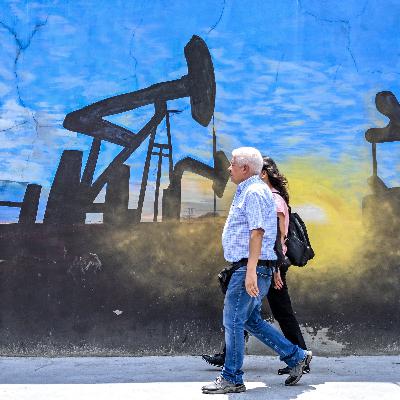
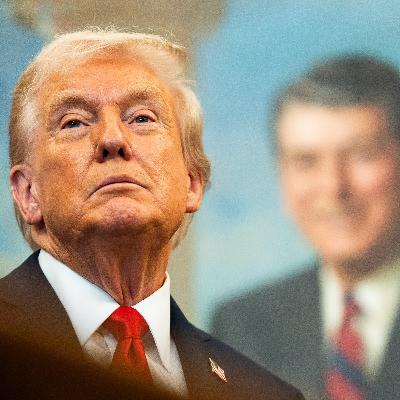



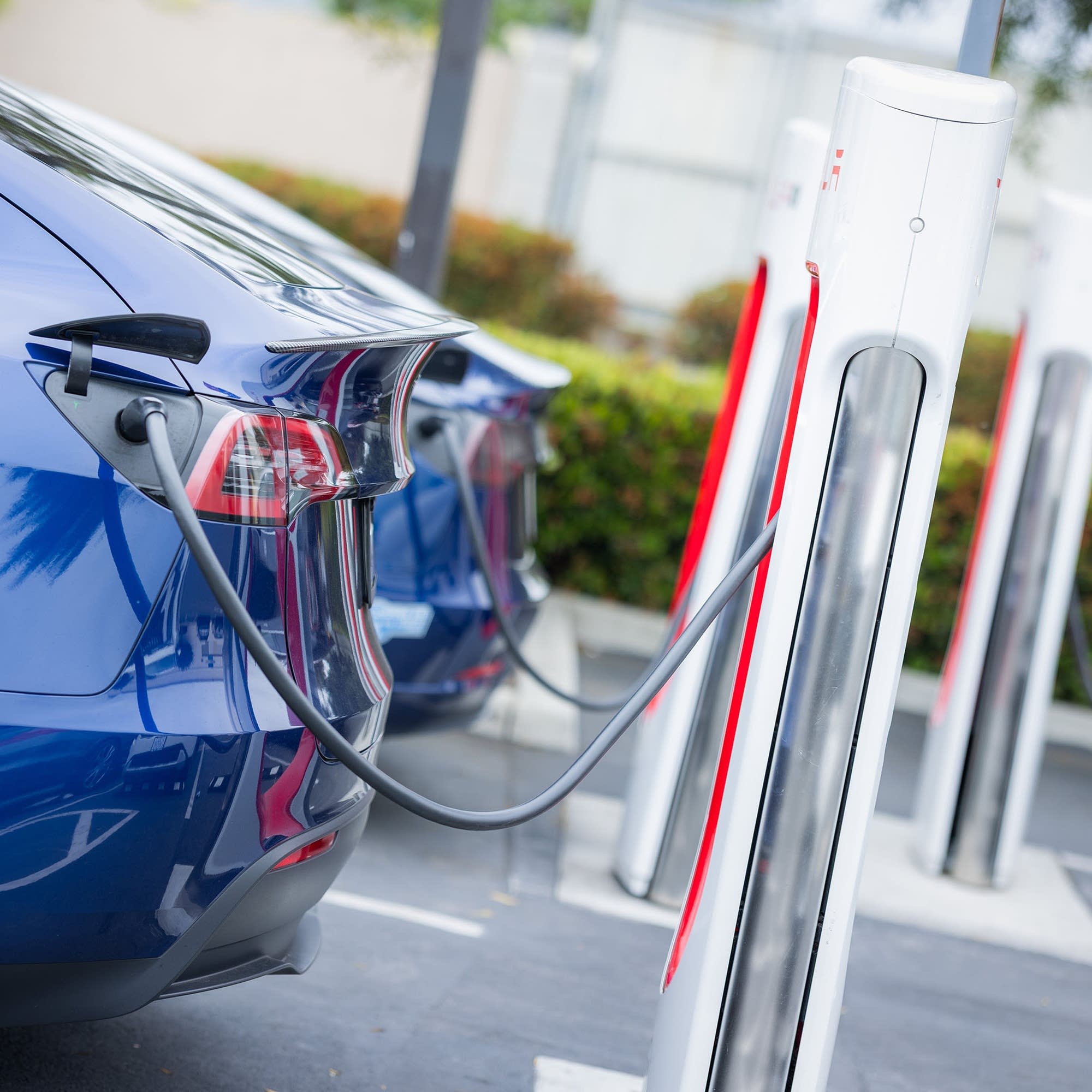
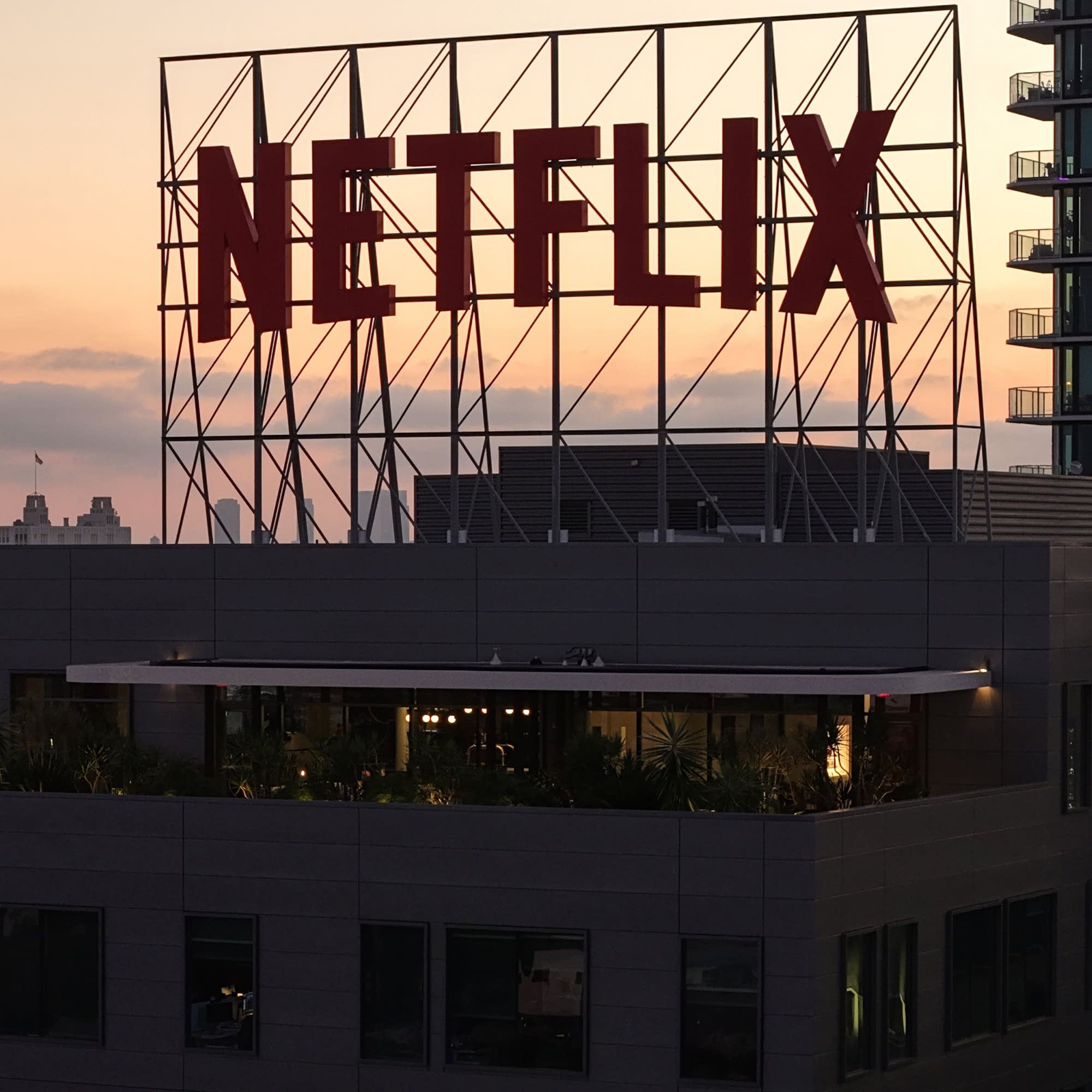

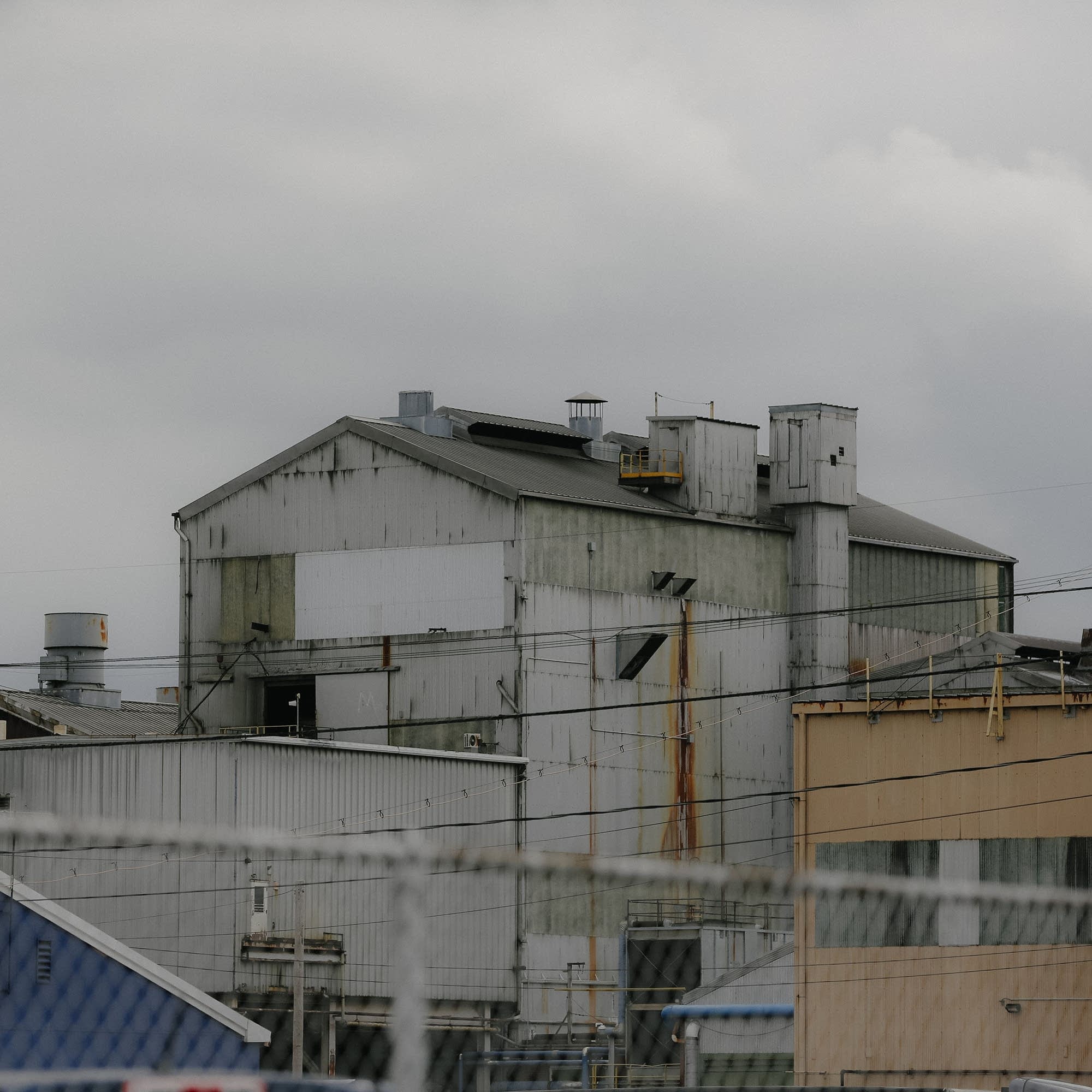
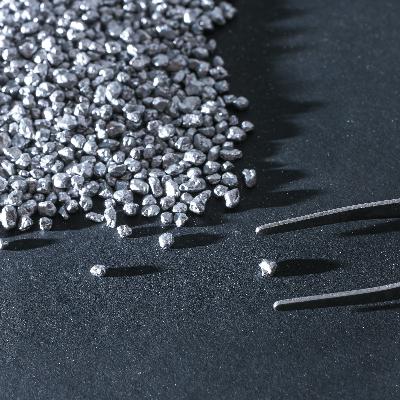

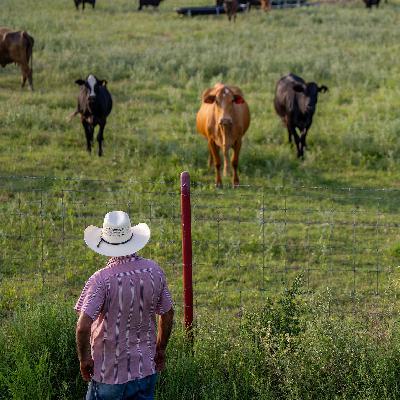
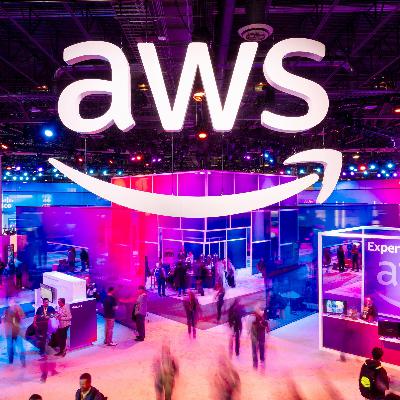
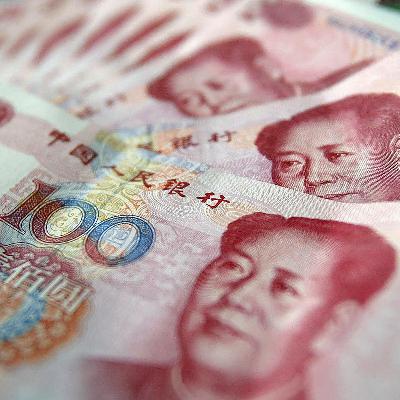
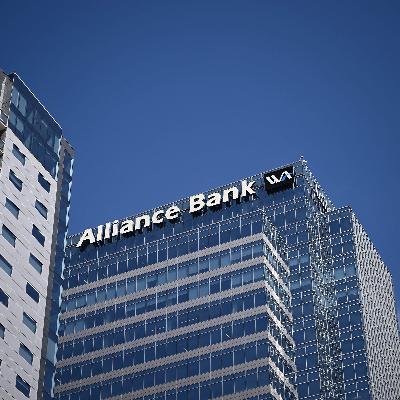
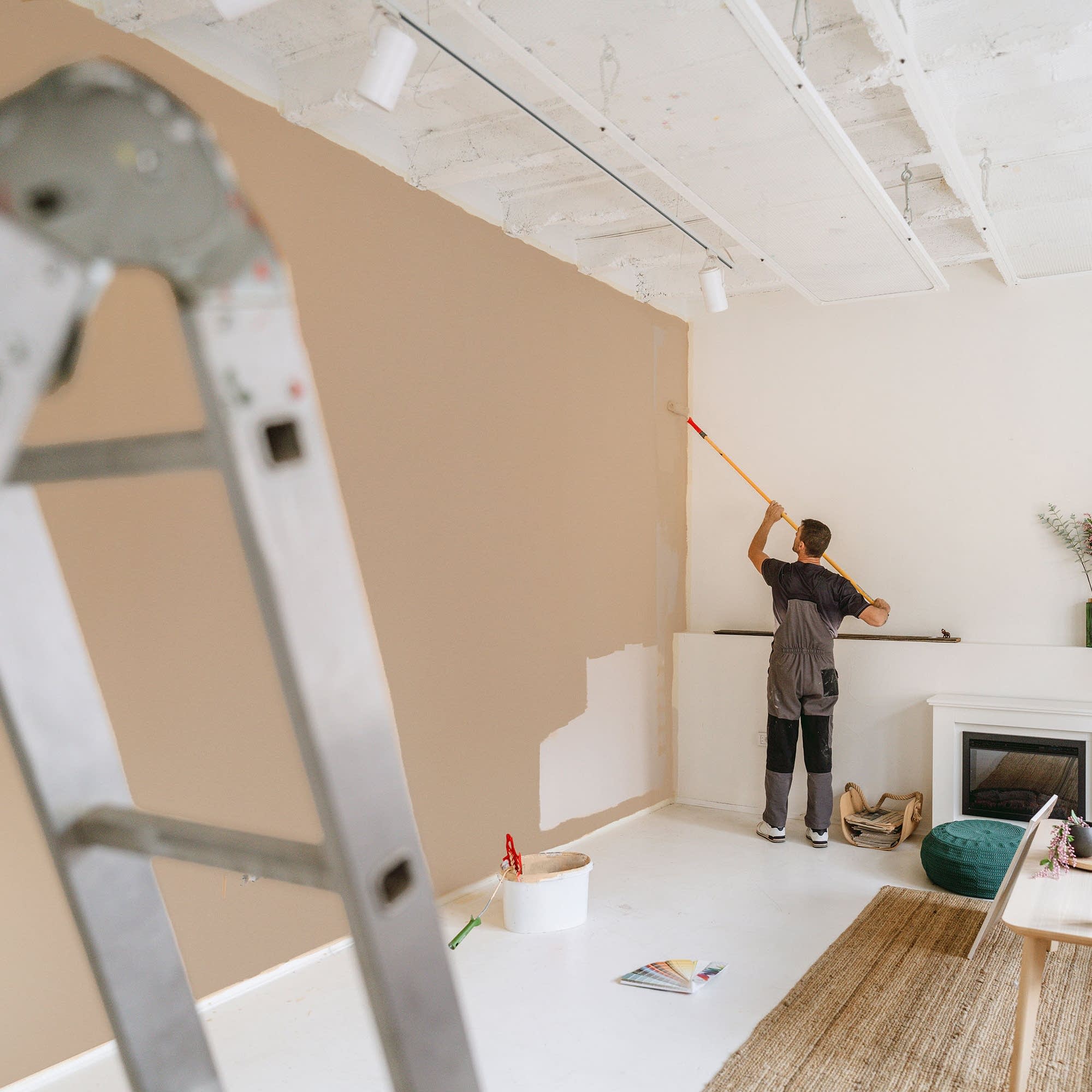
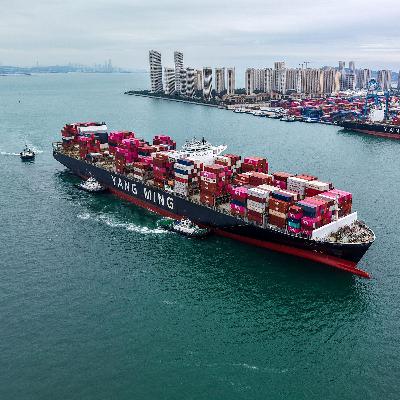
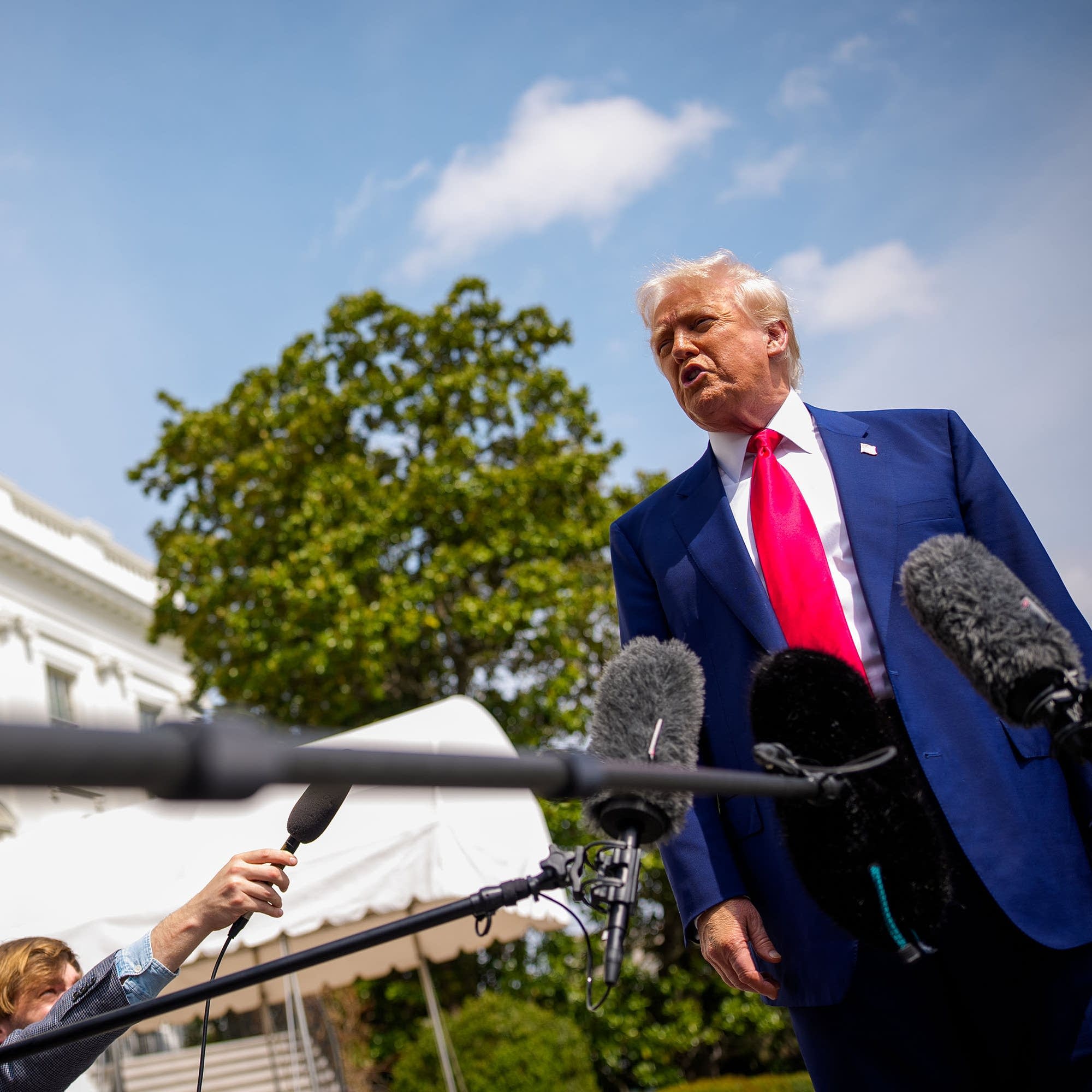
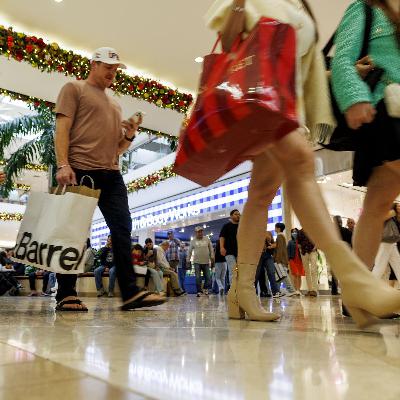



With rising concerns over student loan defaults, understanding how loan repayments work is more important than ever. Maksuerän through https://euribor12k.fi/ offers tools to calculate monthly payments and manage Euribor-linked loans effectively, helping borrowers plan ahead and avoid defaults. This resource provides clarity on interest rates and repayment schedules, which can be crucial for anyone navigating debt responsibly.
Tariffs will make business move into USA and this will make us less dependent on countries that could disrupt our imports of building materials , food, and medicine, as what happened to Britain in WWII. We supported Britain, but who would support us?
Get Fauci away from those chickens !!
Elite did a Maui on Pacific Palisades.
lack of imported labor raises labor costs, read opening the border and cheap labor pours in, the lower end workers make less money. How does that help the poor? Cesar Chavez was against the inflow border crossing cheap labor because it lowers the incomes of all but the corporations. Ask your Democrat politician why Biden hates labor. While you are at it, ask Nancy Polosi why she too hates having to pay the higher amount for local labor and insists on open labor borders.
💚WATCH>>ᗪOᗯᑎᒪOᗩᗪ>>LINK>👉https://co.fastmovies.org
We don't need a Gavin Newsom to crash the United States of America like he is crashing California.
Have all the women kill simutaneously all the Talban men. Then go to university.
Being a Democrat is self harm.
Just have the most successful money launderer help with the cover-up, call Biden.
Although baccarat appears to be a fairly straightforward, simple game that is completely dependent on chance, it has remained very popular for many years. The most difficult part of the game is counting points when the winner is determined, but in offline casinos this is done by the dealer, and on online platforms everything happens automatically. You can find more useful information on this topic here https://xn--12cfvb5etcxfbb7a3itdjh.com/
Humanitarian aid to Gaza so they can repeat?
If I spent , borrowed, then dumped that borrowed money into the market, as much as the Federal government does, the inflation would grow exponentially. The key is that the inflation is based on the difference between taxes income and money spent. If government borrowing covers the over spending each borrowed dollar lowers the value of each dollar already in the market, since the tax income doesn't change. Ergo inflation. Consumer spending increases the market value by the exchanging of dollars.
Why not improve public schools rather than drag Private Schools down.
Using Biden style overseeing. See no Evil, Hear no Evil, Say nothing about the Evil, such as Biden's control over the FBI and the CIA. Nancy Pelosi must be proud of the use of child labour as she promoted border crossing of all the children to do various kinds of work. Can you list all the things children can do? I knew you could. Such a good neighbor.
Nothing like semi- slavery to save on labor costs. Elites develope vaccines to have low wage autistic laborers for duties that would have cost more for non-autistic labor. You missed a table.
Take the money and run, sounds like a Leftist. I didn't know Biden was an artist.
Hitler thought a war and Holocaust was worth getting art.
Downtowns anywhere in California are exposed to the security that is not provided by the Democrat political powers in California and the fear of Downtown attacks prevents wise businesses from operating in downtown areas.
Human trafficking is dangerous since you would be competing with the Biden administration directly as they are flying in and bussing in migrants themselves.